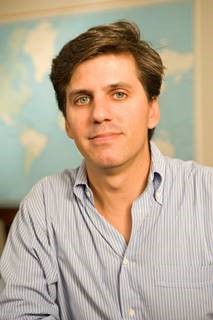首页﹀
Firm Input Choice Under Trade Policy Uncertainty
2021-05-21
Time:9:00am - 10:30am, May 21st, 2021
Platform:Zoom
Speaker:Nuno Limão
(University of Maryland)
Link:https://zoom.us/j/98096409692?pwd=dFFueWNKL091bS90R2VQK0ovdDNEdz09
Meeting ID:980 9640 9692
Passcode:inse
Abstract:
We examine the role of trade policy uncertainty in shaping the import decisions of firms. If the adoption of a new input requires a sunk cost investment, then the prospect of price increases in that input, e.g. due to trade barriers, reduces the adoption of that input (a substitution effect) and possibly other inputs (complementarity via lower profits). Thus, trade policy uncertainty can affect a firm’s entire input mix. We provide a new model of input price uncertainty that captures both effects and derive its empirical implications. We test these using an important episode that lowered input price uncertainty: China’s accession to the WTO and the associated commitment to bind its import tariffs. We estimate large increases in imported inputs by firms from accession; the reduced uncertainty from commitment generates substitution effects larger than the reductions in applied tariffs in 2000-2006 and has significant profit effects.
Speaker:

Nuno Limão is a Professor of Economics at University of Maryland and his research focuses on international trade, trade policy, and political economy. His research integrates theoretical and empirical work to examine a variety of issues, such as how governments choose among redistribution policies, the determinants of trade policy and trade agreements, and the effects of trade costs and geographic location. Professor Limão's current research examines how firms and consumers are affected by policy uncertainty and the role for international institutions in managing such uncertainty. Professor Limão is a research associate of the National Bureau of Economic Research and the Kiel Institute for the World Economy and an Associate Editor of the Journal of International Economics. He received his Ph.D. from Columbia University in 2001.

